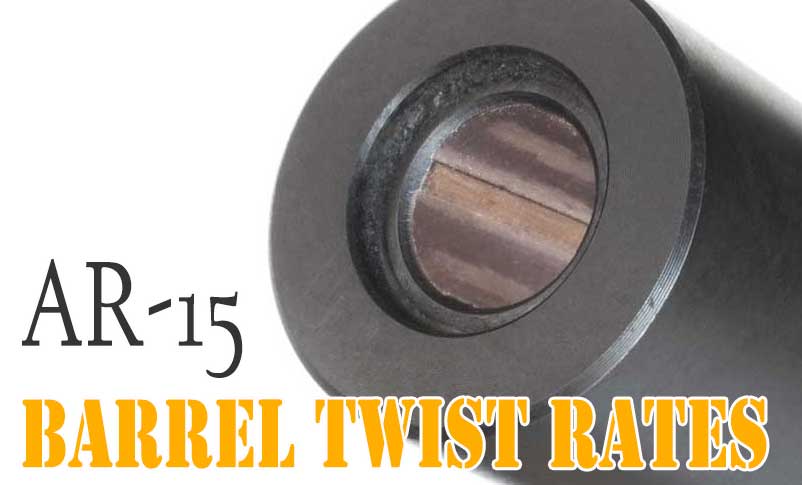The Second Amendment Foundation (SAF) has filed an amicus brief with the U.S. Supreme Court in support of Smith & Wesson in its legal fight against the government of Mexico, which seeks to hold the American gun manufacturer liable for criminal acts of third parties in Mexico.
The 23-page brief was submitted by attorneys Thomas R. McCarthy and Tiffany H. Bates of Arlington, Va. It outlines the history of firearms litigation and explains why Congress adopted the Protection of Lawful Commerce in Arms Act (PLCAA) during the George W. Bush administration.
“As our brief explains,” said SAF Executive Director Adam Kraut, “allowing Mexico to prevail in suing firearm manufacturers for the criminal acts of third parties defies logic and would embolden a new round of lawfare against industry members. Ultimately, these lawsuits would drive many manufacturers out of business and potentially impose requirements on firearm designs that have been rejected by Americans. In the end, it is the American citizen who would suffer, as their choices for arms would be limited to the few surviving manufacturers. The Second Amendment is meaningless without the ability to acquire arms.”
SAF notes in its brief the Mexican government’s demand for literally billions of dollars in damages is exactly the kind of thing the PLCAA was designed to block.
“Almost 20 years ago,” SAF founder and Executive Vice President Alan M. Gottlieb recalled, “Congress passed the Protection of Lawful Commerce in Arms Act to prevent such litigation, which was essentially designed to bankrupt the firearms industry, thus endangering the ability of American citizens to exercise their rights under the Second Amendment. Allowing foreign governments to hold American firearms manufacturers responsible for criminal activity in other countries is both unjustifiable and preposterous.”
For more information, visit saf.org.
The Second Amendment Foundation (saf.org) is the nation’s oldest and largest tax-exempt education, research, publishing and legal action group focusing on the Constitutional right and heritage to privately own and possess firearms. Founded in 1974, The Foundation has grown to more than 720,000 members and supporters and conducts many programs designed to better inform the public about the consequences of gun control.







